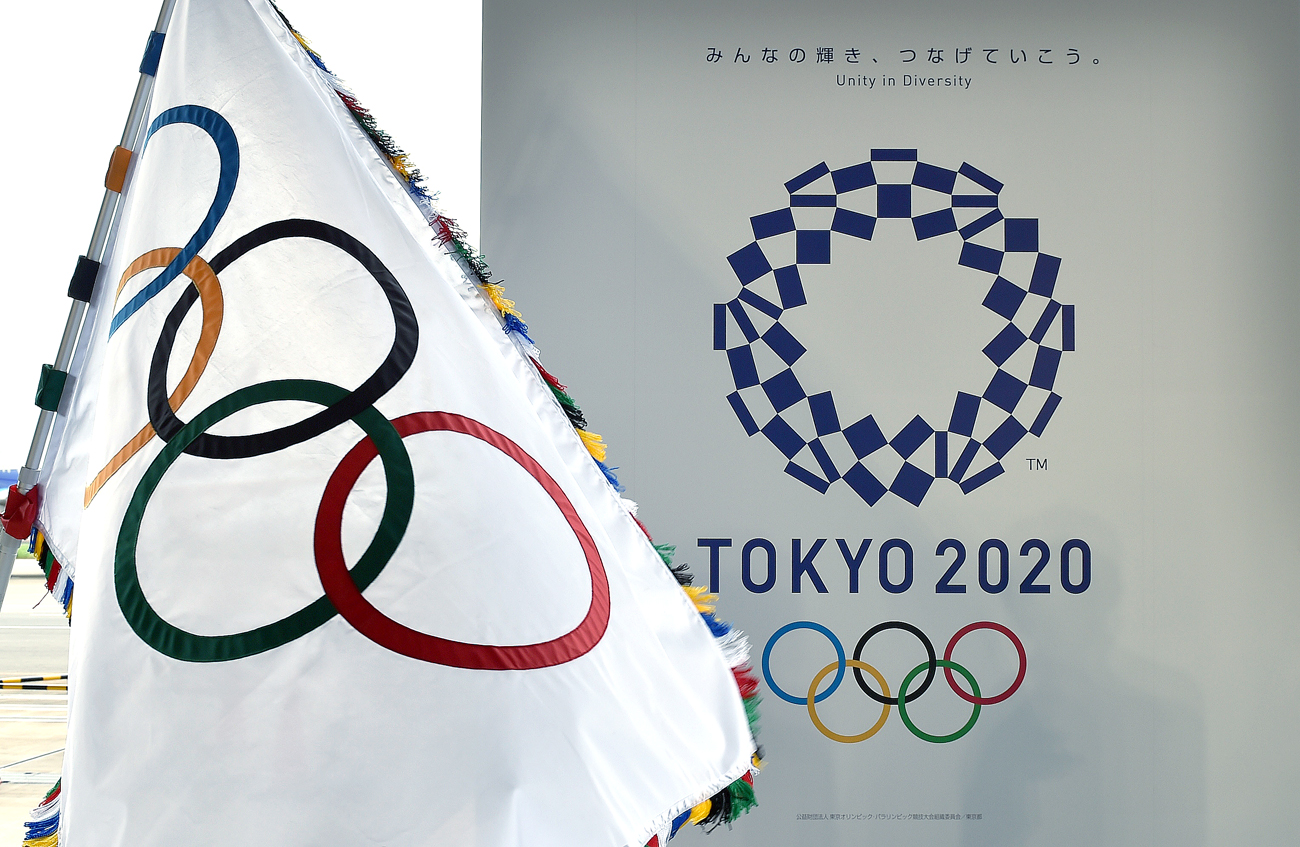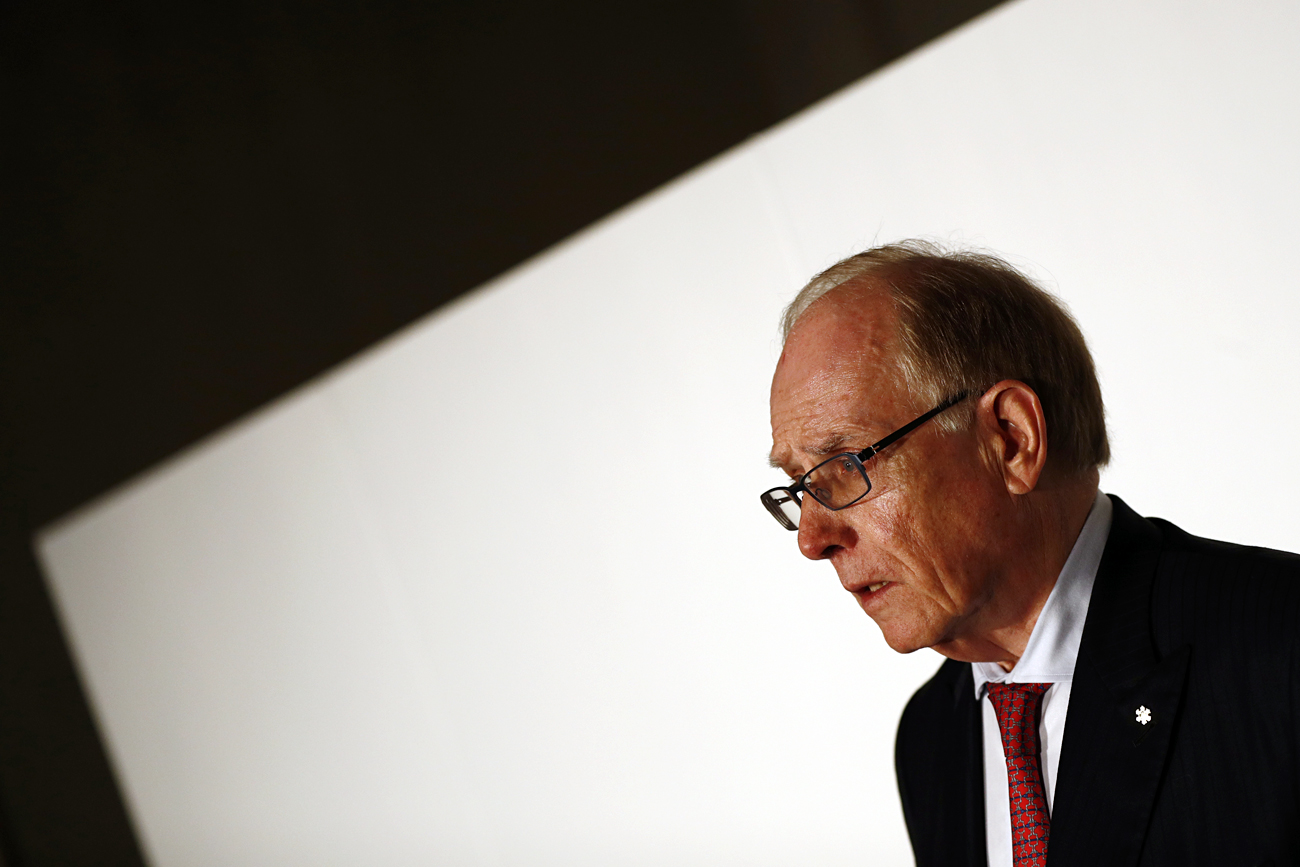2016 in review: Top 4 Russian sport dramas
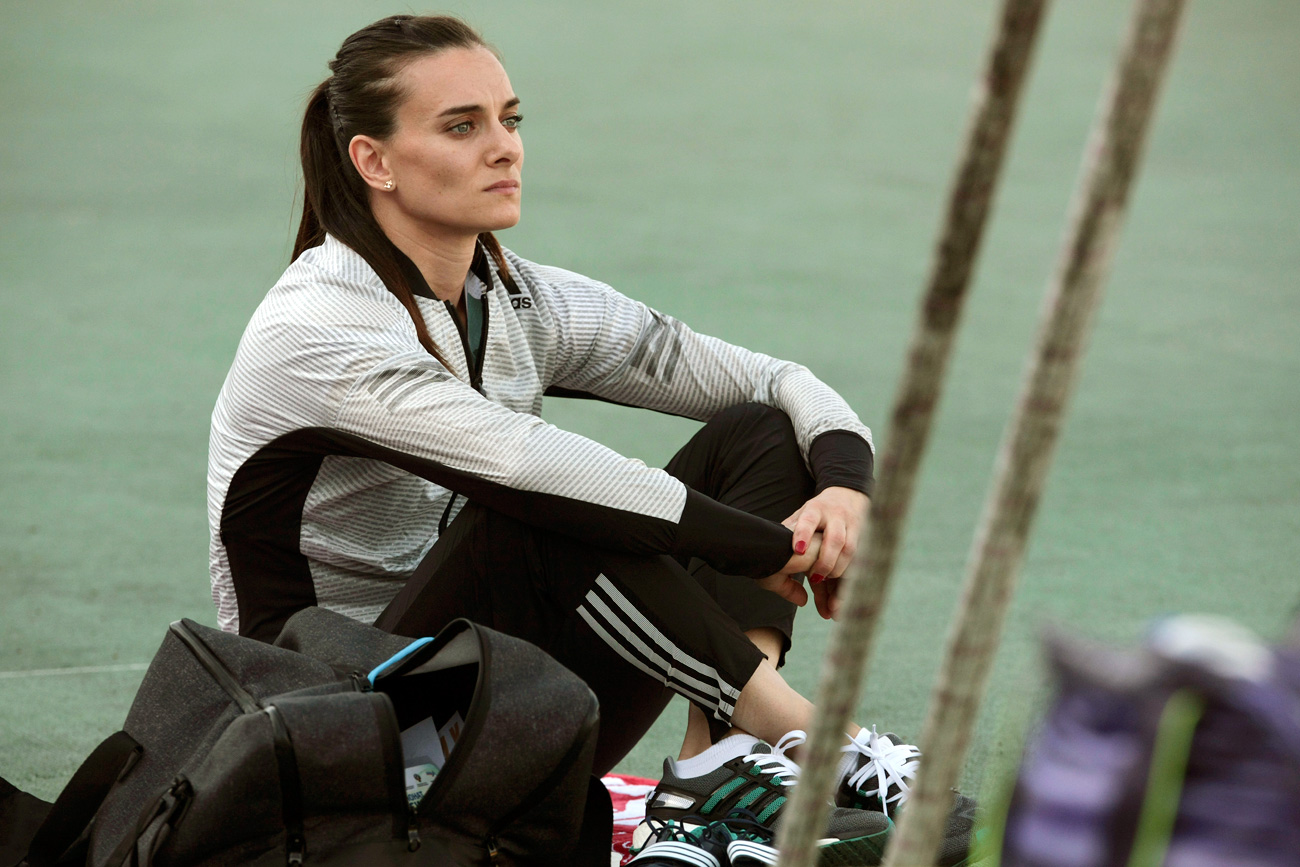
Russia's pole vaulter Yelena Isinbayeva rests during the National track and field championships at a stadium in Cheboksary, June 20, 2016.
AP1. Maria Sharapova and that insidious meldonium
Maria Sharapova had everything: fame, money and an immaculate reputation. It took one little mistake to destroy everything overnight.
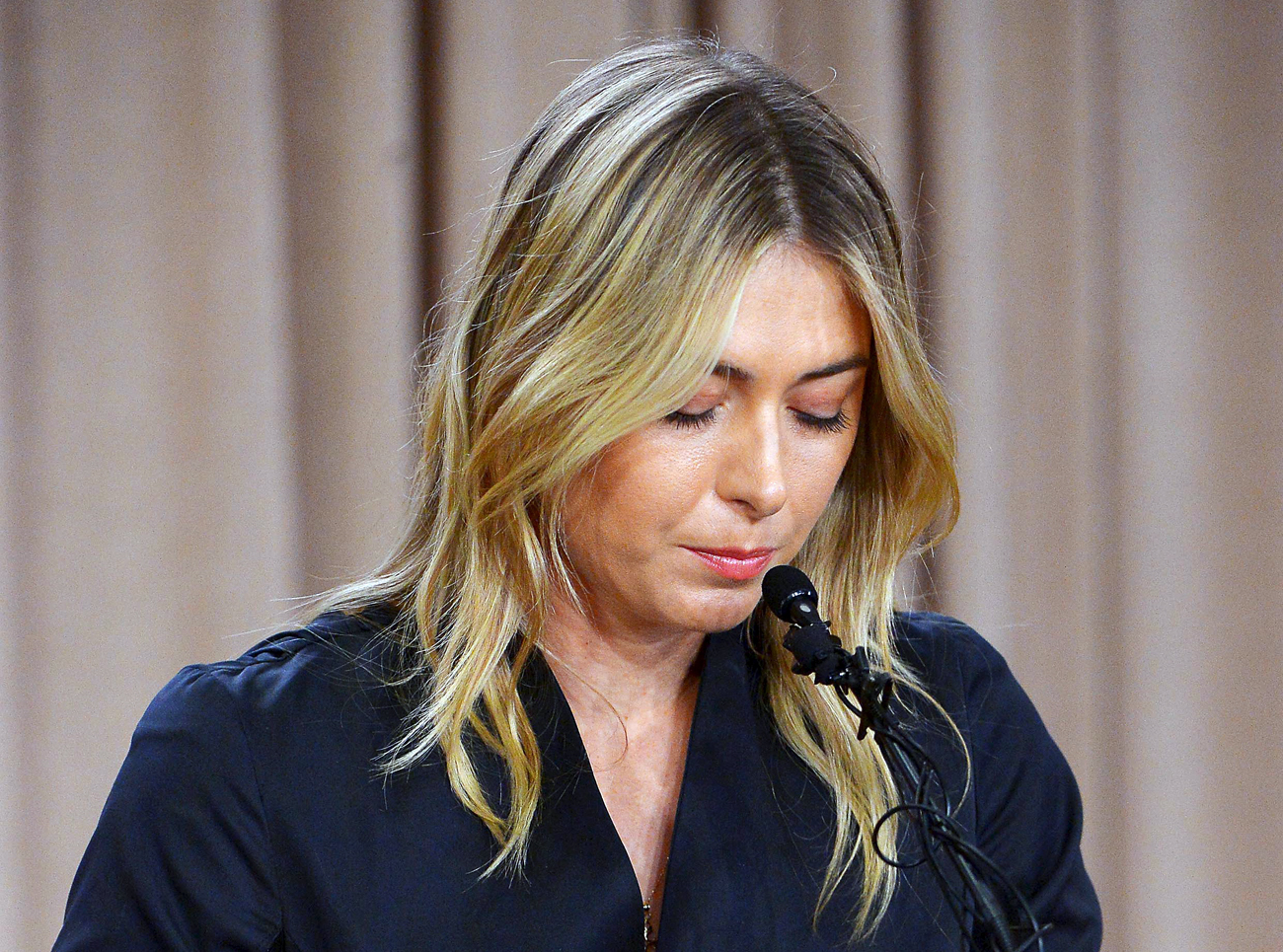 Maria Sharapova during a press conference at The LA Hotel Downtown / Source: Reuters
Maria Sharapova during a press conference at The LA Hotel Downtown / Source: Reuters
The 2016 season was supposed to be a breakthrough for Sharapova. After the 2015 season was clouded by injury, the Russian tennis star had the chance to demonstrate her excellence again. But then something happened, something that no one could have imagined: on March 8, Sharapova admitted the authorities discovered that she had been doping.
Sharapova, whose affairs are administrated by a group of managers, had not known that the drug meldonium had been added to WADA's banned substances list in January. She had been using the drug for more than 10 years as a magnesium supplement. It all appeared like a complete failure.
Maria stoically overcame the adversity, assuming all responsibility for what had happened. But the nightmare was just beginning. She lost her sponsorship contracts, her colleagues made sarcastic remarks (it seemed like everyone laughed in her face, from Roger Federer and Rafael Nadal to her fellow countryman Evgeny Kafelnikov), and she was disqualified for two years.
However, the athlete's Instagram continued shining light even in this dark time. Sharapova continued practicing, enjoyed travelling, studied at the Harvard Business School and managed the affairs of her chocolate company, Sugarpova.
Meanwhile, Sharapova's lawyers were able to reduce the disqualification period down to half a year. Now she will return to the court in April 2017. And she still has a chance to re-launch her tennis career.
2. Daniil Kvyat and the doom of the home Grand Prix
Everyone had been predicting a brilliant future for the Russian wunderkind, who debuted at Formula 1 at the age of 19. However, the road to fame turned out to be a bumpy one.
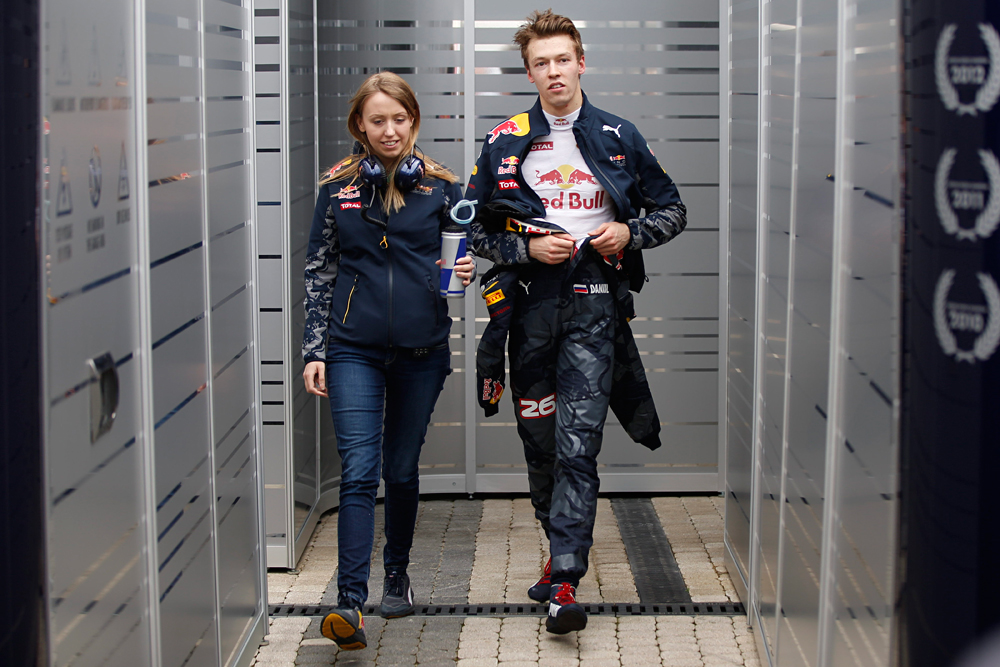 Daniil Kvyat walks in the pit during the first free practice at the 'Sochi Autodrom' Formula One circuit , in Sochi, April 29, 2016. / Source: AP
Daniil Kvyat walks in the pit during the first free practice at the 'Sochi Autodrom' Formula One circuit , in Sochi, April 29, 2016. / Source: AP
Daniil Kvyat is a first-rate children's role model. He is talented, smart, has excellent manners and has never been involved in scandals. At the age of 19, the Russian wunderkind, who fluently speaks four languages, became a Formula 1 driver. Within a year, he was given a seat behind the wheel of the Red Bull Racing, one of the best teams in the royal races. When he was 21, Kvyat stood on the F1 podium for the first time, having placed second at the Hungarian Grand Prix 2015. Russia had never had a racecar driver of this level.
In 2016, Kvyat was supposed to fully establish himself among the racing elite. It is difficult to say when things began to go wrong. It is possible that Daniil relaxed after April's podium in the Chinese Grand Prix: in Shanghai his car crossed the finish line second. Unfortunately, after this success his standings began to decline.
In May, at his home track of Sochi, Kvyat, who is usually calm, became impulsive. Already on the first lap, trying to pass a competitor, he torpedoed the Ferrari driven by Sebastian Vettel from Germany. His dangerous maneuvering caused several crashes, and after the race Vettel was steaming with rage. Red Bull's boss Christian Horner was also unhappy with Kvyat's recklessness and immediately sent the driver to the Toro Rosso junior team.
The demotion did not shake up Kvyat. By the end of the season he still had not regained his form. The Russian driver rarely won points and sometimes he did not make it to the finish. In 2017, Kvyat will continue recovering from the blow but he must hurry: the best racing circuit in the world does not like to wait long.
3. Elena Isinbaeva and her failed comeback
In 2016, the legendary athlete intended to return to sports after the birth of her child, but the end of her career turned out to be blurry.
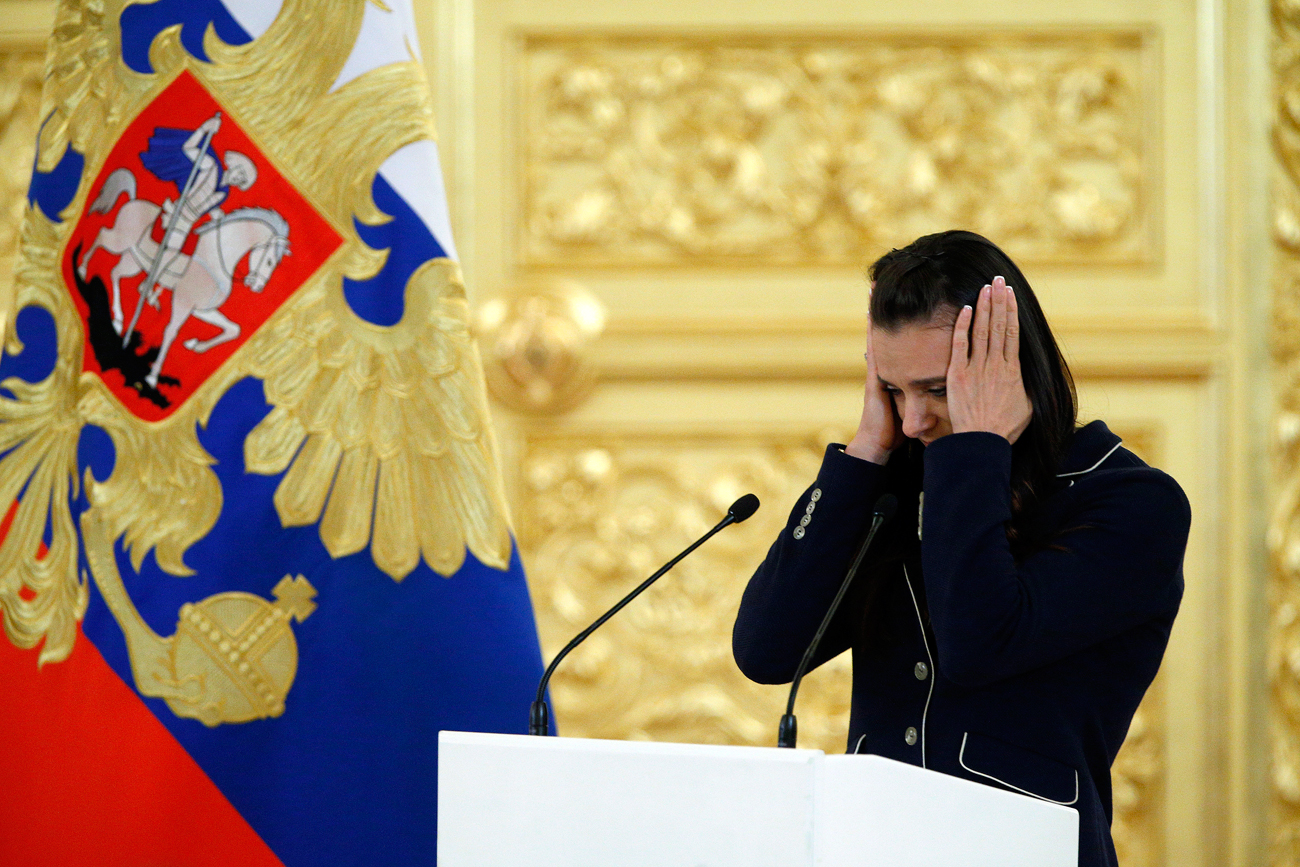 Yelena Isinbayeva speaks at the Kremlin. / Source: AP
Yelena Isinbayeva speaks at the Kremlin. / Source: AP
The holder of 28 world records and winner of two Olympic gold medals had left pole vaulting gracefully, having won the world championship in Moscow in 2013. But the packed stadiums and camera flashes continued attracting her. Shortly after giving birth she again took the pole, promising her fans to participate in the Rio games.
However, Elena made the choice at the wrong time. In the fall of 2015, WADA released a report about various doping violations involving Russian athletes, after which the IAAF banned the track and field team from all international competitions. Isinbaeva, who personally was never found to be doping, shared the fate of the whole team.
After returning to the sport, the 34-year-old athlete could only perform at the Russian championship. She was unable to make her mark at the Olympics. In a fit of anger, she said that, without her participation in the competition, the pole vault winner in Rio would not be a real champion.
In 2016, she was elected to the IOC's Athletes' Commission, where she intends to protect the rights of athletes from injustice.
4. Yulia Yefimova against the pool in Rio
In order to participate in the Rio Olympics, Russia's best female swimmer Yulia Yefimova basically had to go through all nine circles of hell. And that was only the beginning.
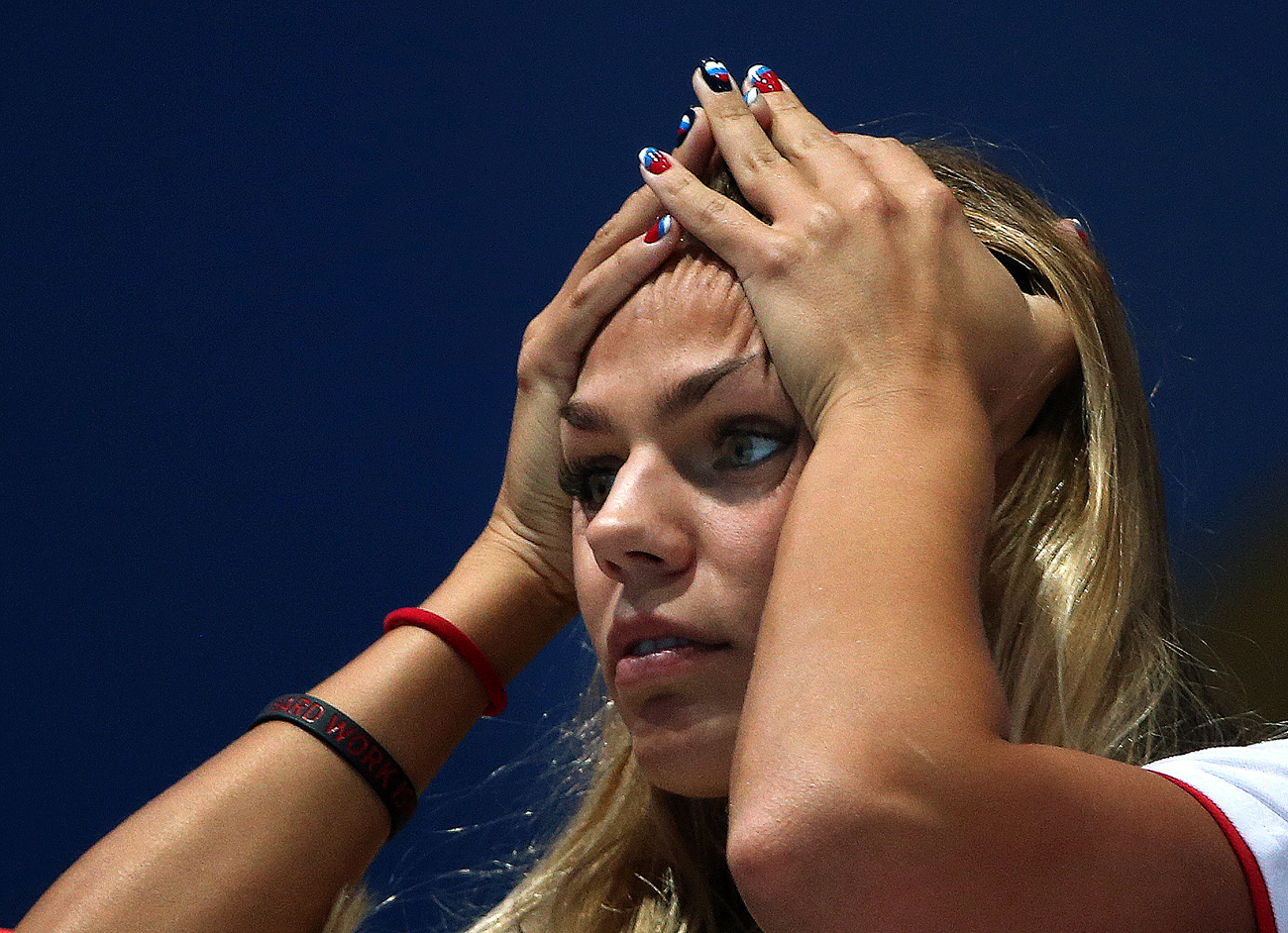 Yulia Yefimova in Kazan / Source: Valery Sharifulin / TASS
Yulia Yefimova in Kazan / Source: Valery Sharifulin / TASS
Yefimova, who is the current 200-meter breaststroke world champion, was heading to Rio as a favorite. Her ambitions, like those of the entire Russian team, were confounded by Canadian sports lawyer Richard McLaren, who on July 19 presented a report prepared by an independent WADA committee.
He accused the Russian government of machinations with doping tests during the 2014 Sochi Olympics. Such serious accusations, which thundered just 17 days before the opening of the Games, threated to bury Russian sports overnight. However, the IOC did not disqualify the entire Russian national team; only those athletes who in the past were involved with doping were punished.
Among the victims was Yulia Yefimova, who in 2013-2015 was disqualified for a year and a half for unintentional use of steroids, which were part of her food supplements. The swimmer's lawyers were nevertheless able to successfully challenge the IOC's decision: the court recognized that Yefimova must not be punished for the same violation twice. But this was announced only a day before the decisive races.
In the pool, Yefimova was not able to show her best; all the unpleasant pre-start hassle had taken its toll. On top of it all, the crowd booed her, and her main competitor, American Lilly King, openly doubted her honesty.
Yefimova brought home two silver medals from Rio, for the 100- and 200-meter breaststroke. Later, she admitted that these had been the most difficult days in her life and she had not been able to sleep for several days. When everything ended, she began crying on live Russian TV.
Read more: 2016 in review: Top 5 political events
Subscribe to get the hand picked best stories every week
All rights reserved by Rossiyskaya Gazeta.
Subscribe
to our newsletter!
Get the week's best stories straight to your inbox
